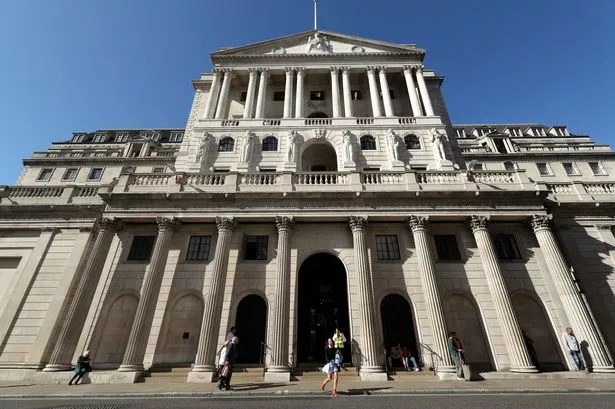
Sterling experienced another setback on Monday, dropping to its lowest level in 14 months against the US dollar due to a worldwide sell-off caused by worries that the US Federal Reserve might limit interest rate cuts to just one this year.
The pound weakened by as much as 0.7% against the dollar, hitting $1.211, which marked it as the G-10's poorest performer in comparison to the dollar, as reported by City AM.
"Sterling continues to trade on a soft footing and its losses could extend this week," commented Chris Turner, an FX analyst at ING, who also indicated that the pound might plummet to $1.20.
The downturn arises following a difficult week for UK financial assets, with sterling tumbling over three per cent and government bond yields soaring to multi-decade highs. Market participants have positioned their bets against the UK due to anxiety that the government’s Budget could exacerbate inflation, decelerate growth, and result in the Bank of England easing off on interest rate reductions sooner than anticipated.
Moreover, government bond yields accelerated on Monday as well, with the 10-year gilt's yield climbing by four basis points to 4.87 per cent, and the 30-year gilt's yield increasing by 12 basis points to 5.53 per cent.
This UK-specific distress occurs amid broader market trepidations, as investors reconsider expectations about how aggressively the Fed can cut interest rates in 2025. A robust employment report last week signalled that the world's largest economy remains in a robust expansion mode while the looming spectre of Donald Trump’s tariffs has stoked concerns over potential inflationary impacts
"The US labour market is too hot to allow for any Fed easing soon," Barclays analysts have noted. Just one rate cut from the Federal Reserve is what markets are currently anticipating this year.
The stronger dollar results from higher rates in the US, which attract investors seeking a higher return on US assets compared to those in other regions. This Monday saw the dollar index, which measures the greenback against major currencies, hit its highest mark since November 2022.
With expectations of higher interest rates in the US, bond yields around the world are also pushed up, as the US federal funds rate serves as a lending benchmark in the global economy. In recent weeks, government bond yields in all advanced economies have seen increases, although UK gilts have underperformed slightly in comparison to their peers.









